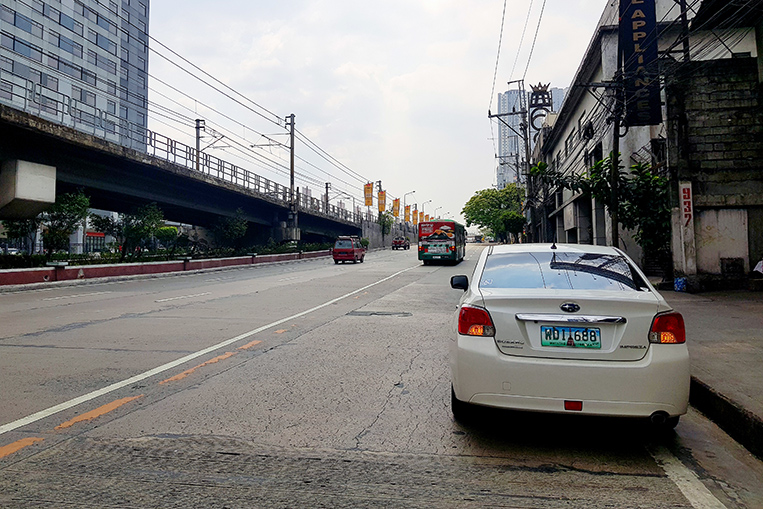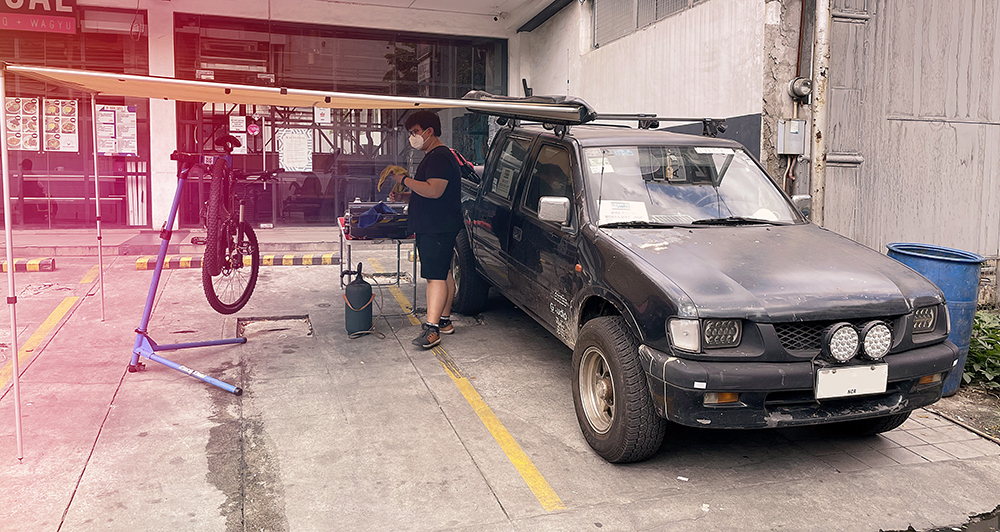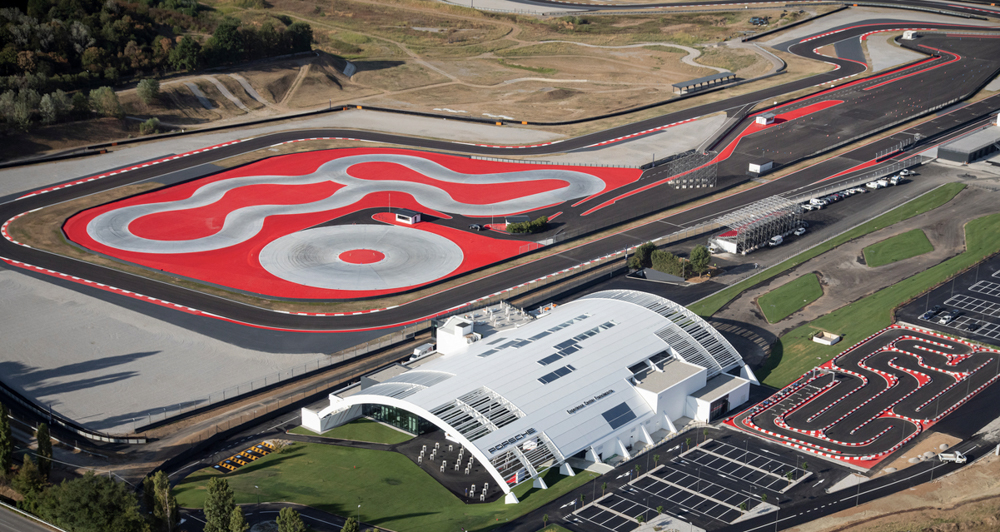
I’m 48 years old. Apparently still young enough to safely withstand the ill effects of the COVID-19 disease should I catch the dreaded coronavirus, but certainly mature enough to know that this, too, shall pass.
As I write this, I try to dig deep and recall instances in my unremarkable life in which I was truly scared because I genuinely believed the sky was falling and the world as I knew it was coming to an end. I can think of two such occasions.
The first was in 1979, when I was a seven-year-old, second-grade student in elementary school. In July that year, all the talk—TV, radio, newspaper and neighborhood gossip—centered around Skylab, a space station that had been launched by the United States in 1973. Six years after its successful dispatch, it was defunct and ready to go back to earth. And by go back, I mean violently plummet down.
The frightening part was that nobody knew for sure where the thing and its loose debris would land—and when exactly. Not even NASA. For several tense days, people around the globe speculated. There were even betting odds on metal shards hitting (and killing) somebody—1 in 152, in case you’re curious. Check out this excerpt from a report by the Associated Press:
The US National Aeronautics and Space Administration is still uncertain when Skylab will break up and fall to earth, and is not predicting where. A lot of people around the world are trying to figure out the answers for themselves.
The most dramatic example, perhaps, is that of the Philippine soothsayers who stirred such fear in their country that President Ferdinand Marcos went on national television last week to urge calm.
If grown adults were horrified by the prospect of a free-falling space laboratory, imagine the trauma a small child had to go through at the time. I was convinced Skylab would set off unspeakable catastrophes upon impact—no doubt the influence of that earthquake scene from the then-recent Superman film.
And then…PLOP! Skylab dropped rather uneventfully somewhere in Australia on July 11, hitting no one and nothing of significant value.
The second event I honestly thought would trigger the Apocalypse was the famous Y2K glitch. Back in 1999, tech boffins were worried that computers would go bonkers once the calendar crossed over to January 1, 2000, as the machines would supposedly be unable to distinguish between 1900 and 2000 (since years were rendered in computing using just their last two digits). As a result, the experts pictured a scenario in which ATMs would dispense bills to passersby, traffic lights would malfunction, TV shows would go off the air, and airplanes would crash.
Thankfully, nothing of the sort happened when the clock struck 12 midnight after December 31, 1999.
We’ll all remember this episode like I now reminisce about Skylab and Y2K
In both cases, life went on as usual: no drama, no movie-like twist, no headline-worthy conclusion. We all just felt silly for having been inordinately afraid in the first place. Turns out humans simply hate dealing with the unknown.
I remember these stories as I follow with equal measures of interest and nonchalance the developments surrounding the coronavirus outbreak. While information grounded in facts is now steadily pouring into our news feeds, a vast majority of the population both here and abroad now live in absolute fear after encountering such spine-chilling terms as “pandemic,” “quarantine,” “lockdown,” “recession” and “mortality rate.” All of this even if the COVID-19 disease is very unlikely to kill a healthy person. Yes, this coronavirus is highly contagious (hence the swift spread), but medical experts say it is so mild that about 80% of those who get it will very easily recover from it. Those really vulnerable to it are the elderly and individuals with a weak immune system, and this is precisely why everyone needs to take this matter very seriously—including those who are young and fit, who could be carriers of the virus without even knowing it.
I repeat: We need to take COVID-19 and the newly implemented community quarantine VERY SERIOUSLY. But not to the point where we panic and buy all the toilet paper we can find in the supermarket—what the hell is this all about?—and scare each other with doomsday prophecies.

Relax. We’ll get through this. If anything, staying put inside the house has several benefits. Here are some:
1. We have a chance to slow down. Take a stock of your life right now. What do you see? Me? I see a person who has been running around in circles for decades, constantly chasing deadlines and quotas that never seem to end. So much so that I’ve never bothered to take a vacation leave to spend time with family. Drop everything. The world won’t stop spinning if you take it easy. Disconnect, recharge, find yourself. Your body and soul desperately need this.
2. We now realize we have fucked-up priorities. One silver lining to the coronavirus scare is the epiphany that you’re wasting your life—your time, your money and your energy—on inconsequential things. Many of us have devoted our precious years to getting that promotion or saving up for a fancy sports car or pissing away our salary at expensive watering holes. And then you get a wake-up call: All this superficial stuff means NOTHING in the face of death. Recalibrate your goals. You have 30 days to do so.
3. We can spend time with people we love. When you’re in a rat race, just finding a week to be with your family is like getting your car brand to honor your warranty after the shitty transmission in your vehicle stops working. Which is to say next to impossible. Don’t resist the monthlong quarantine. Quit grumbling. Stay home. This is good for you and the relationships you’ve taken for granted for so long. Put down this smartphone and talk to them. Laugh with them. Binge on junk food with them. You’ll be a happier person after this.
4. We can finally work on a passion project. Do you have a hobby in mind that you’ve been wanting to start? Maybe a do-it-yourself cabinet? Or a vlog? A sculpture? Or maybe even a small business on the side? Well, here you go. Knock yourself out. You have all the time in this virus-infected world.
5. We have the perfect opportunity to pray and worship again. Skip this part if you’re an atheist. I’m talking to those who believe in the Almighty and have somehow drifted far away from Him. That includes me, actually. Now is the time to admit we need to go back and fix our spiritual walk. This is more urgent than physical healing.

I run a website whose focus is mobility. Anything that hinders movement is generally frowned upon around here. But not this time. I humbly and obediently step back as I submit myself to the social-distancing rule the authorities have imposed. No more industry events for now. No more road trips. No more test drives. No more car shows. So what? It’s not the end of the world. We’ll all remember this episode like I now reminisce about Skylab and Y2K.
Besides, our society could use rejuvenated bodies and detoxified minds. Maybe this is what’s needed for us to take our humanity back.











Comments